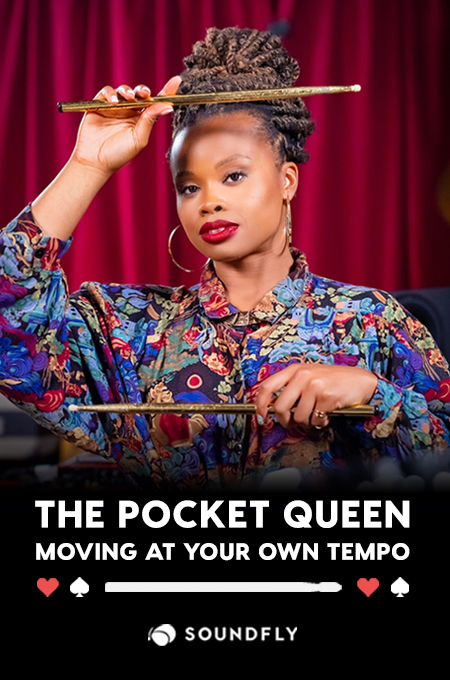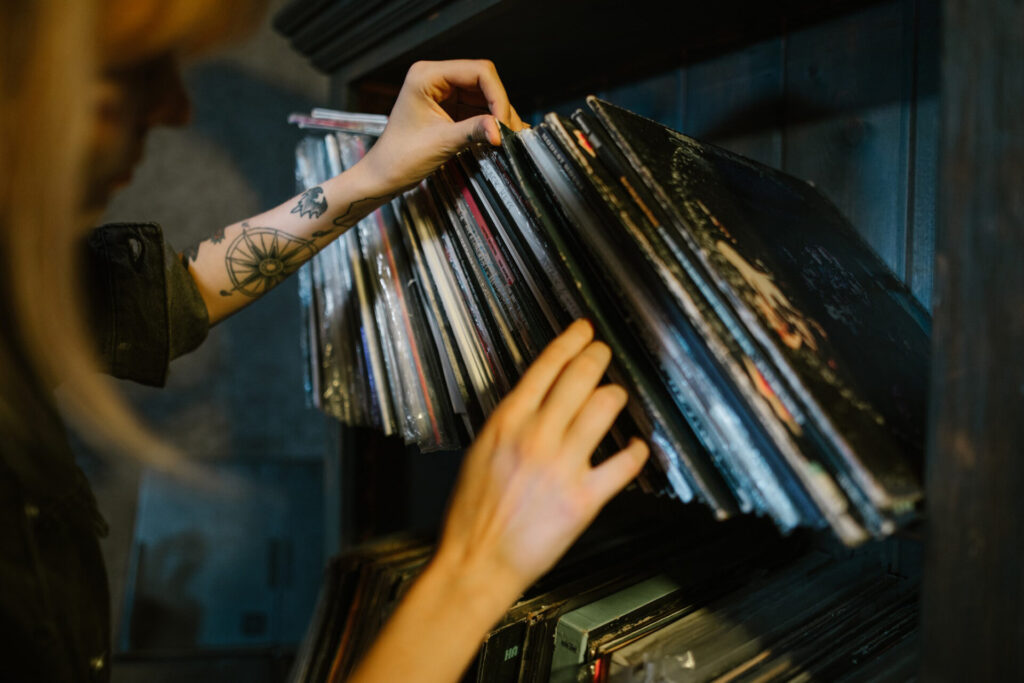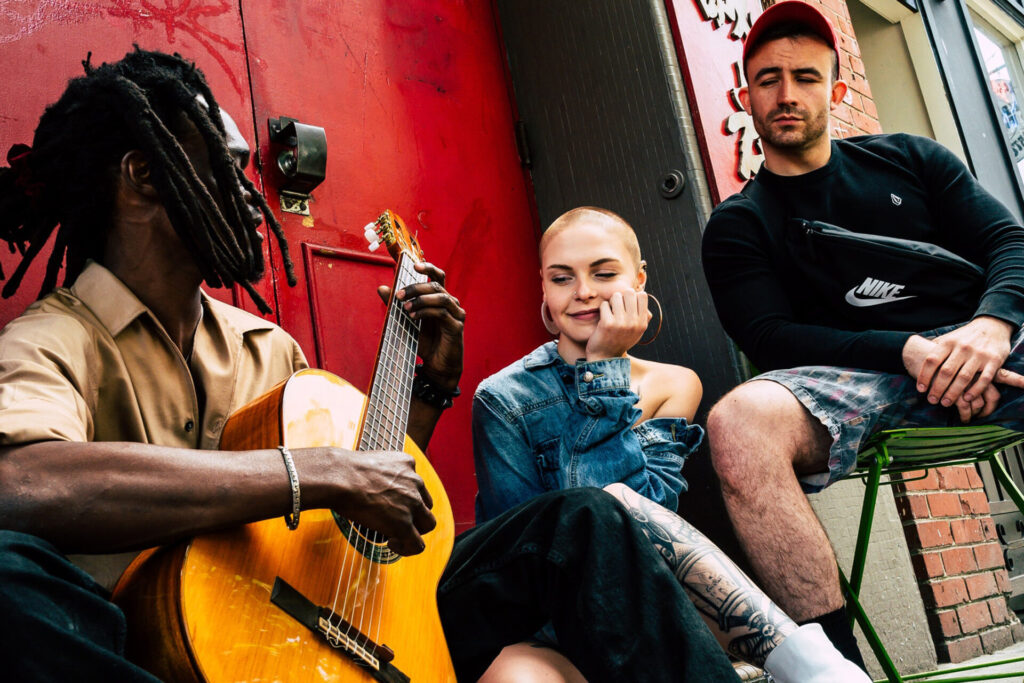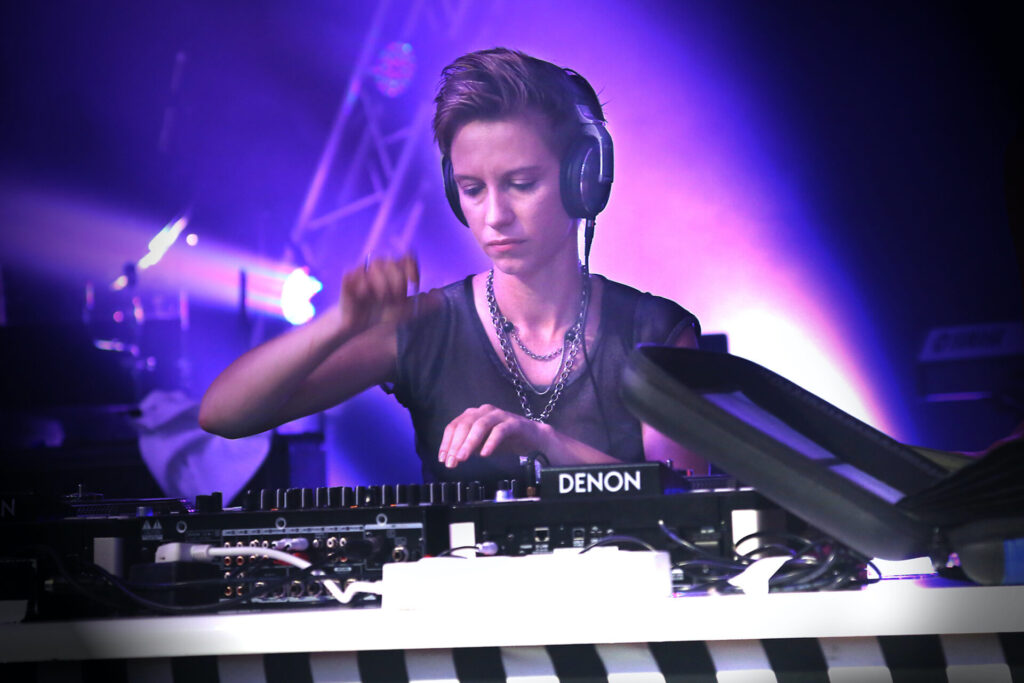
By Songtrust
Every month, our friends at Songtrust compile a round-up of the most noteworthy developments in music publishing. Catch up on all the industry news in our Music Publishing News archive!
Drake’s More Life may set a precedent for future releases in the era of streaming.
The Canadian artist’s newest project, which he describes as “a body of work bridging the gap between major releases” rather than an album or a mixtape, broke first-day streaming records after hitting 150 million plays on Spotify and Apple Music alone. More Life features 22 songs spanning multiple genres, it contains collaborations with artists such as Kanye West, Young Thug, and Travis Scott among others, and a handful of tracks don’t feature Drake at all.
The “playlist” nature of More Life signals a different way to approach releasing music in the streaming age. Released under the “Drake” name, the project keeps him in the public consciousness while also bringing attention to lesser known artists. One such artist is Australian neo-soul outfit Hiatus Kaiyote, who saw a surge in online interest after Drake posted a video to Instagram of himself singing their song “Building a Ladder,” the same song sampled on More Life-opener “Free Smoke.”
What does this mean for musicians? Aside from changing how listeners get their music, streaming is changing how artists approach their projects. Drake may be the biggest artist to cater his releases specifically to a streaming audience, but he’s certainly not the first. Forward-thinking musicians should embrace the flexibility and creativity that digital releases can provide. This new release format also opens up opportunities for smaller artists/writers to reap the benefits of being part of a major artist’s release.
+ Learn more on Soundfly: Royalties and licensing are a world of headaches. That’s why we’ve partnered with famed singer-songwriter and music-industry guru, Ari Herstand, to explain it all! Check out our latest free course, How to Get All the Royalties You Never Knew Existed.
Spotify acquires UK-based audio detection startup Sonalytic.
The acquisition gives Spotify access to an advanced technology that takes the function of services like Shazam to the next level. Sonalytic can identify the musical stems of not just a recording, but its underlying composition. While Shazam relies on recording fingerprints, Sonalytic can accurately identify live performances, and Spotify may be able to use this technology to link recordings to both their composers and publishers.
Spotify’s acquisition of Sonalytic demonstrates their commitment to accurately matching recordings to their composers. The move is an interesting one for the streaming giant and could improve its standing in the NMPA’s ongoing proceeding before the Copyright Royalty Board, which will determine the mechanical royalty rate paid out by digital streaming services for the next five years.
What does this mean for musicians? With several revenue streams available and new ones constantly emerging, the industry is full of new opportunities for independent musicians. However, the digitalization of music has also made artist and writer compensation more complicated than ever before. It’s up to you to keep accurate records of titles, writer shares, agreement terms, and recording information while you’re putting your music out there.
Spotify also acquires Mediachain Labs to develop in-house blockchain
Spotify has acquired Mediachain Labs, the core team behind the open source Mediachain protocol, to develop a decentralized network for sharing data critical to getting songwriters paid — in other words, a blockchain. The adoption of a secure-but-shared hub where rights-holders can enter and update their data, and where users of music can access that data has become inevitable to propelling the music industry forward. From Songtrust partner DotBlockchain, to
In a blog post announcing the acquisition, Mediachain noted their vision for “the future of media metadata: a shared data layer is key to solving attribution, empowering creators and rights owners, and enabling a more efficient and sustainable model for creativity online,” and described Spotify as a “champion of transparency and open data for artists.” The partnership with the digital streaming service will leave Mediachain open source and openly licensed.
What does this mean for musicians? Digital service providers who are using your music to drive their businesses are finally starting to put some effort into getting you rightfully paid. We’ve already seen publishers and rights organizations willing to adopt blockchain technology to more efficiently organize and present data, but having a digital service, such as streaming giant Spotify, on board makes the possibility of a more widely utilized and decentralized database of ownership data even closer to reality.
NMPA and tech services bring streaming arguments before Copyright Royalty Board.
Mechanical royalties for physical and digital sales, set by the government, currently amount to 9.1 cents per song. Streaming royalties, on the other hand, sit at about half a penny per song — and only 20% of that goes to the songwriter/publisher. This rate was set over 10 years ago when digital streaming plays were a tiny fraction of what they are now. On March 8th, digital service providers and the National Music Publisher’s Association argued their cases in Washington.
On one hand, DSPs (Spotify, Apple Music, Pandora), who argue that they already pay tremendous fees to license the master (artist) sides of music, support a reduction in their royalty payout. The NMPA, on the other hand, favor an increase in the current streaming rate, which many songwriters see as unfairly low. They are also lobbying for a share of the profits companies like Spotify receive from the sale of technology and user subscriptions.
What does this mean for musicians? It’s important to monitor what’s happening in Washington regarding this situation. With many streaming issues still being worked out in the industry and in Congress, everyone with music on streaming services is affected by debates such as these — especially songwriters!
Be vocal, and be present. Sign the petition urging digital services to pay higher rates to songwriters here.
+ Read more on Flypaper: “The Great PRO Round Up: What Is a PRO and Why Should You Affiliate?”
Global collection societies partner to launch a prototype blockchain.
Three of the world’s largest member-owned collection societies, ASCAP, SACEM, and PRS, have announced a partnership to prototype a shared system of managing copyright information using blockchain technology. The partnership aims to model a new system for managing the links between music recordings and song compositions via ISRC (International Standard Recording Code) and ISWC Codes (International Standard Music Work Code). Although these two pieces of data were intended to create unique identifiers for music, there are issues of duplication. The blockchain initiative will help increase the accuracy of the data that both codes provide.
What does this mean for musicians? The blockchain prototype allows for greater transparency and accuracy of music usage by third parties, especially across streaming services. The stronger link blockchain aims to create between ISRC and ISWC info will speed up the process of international royalty matching, reduce errors and lower costs, ultimately improving speeds that publishing royalties are paid to songwriters.
—
There are over 900,000 distinct royalty streams that artists have access to, and about 20-50% of these payments never make it to the artists who deserve them. Learn about all the royalties and licenses you never knew existed, and set yourself up to receive more sustainable revenue from your music with our brand new free course, How to Get All the Royalties You Never Knew Existed, taught by the one and only Ari Herstand!
For more news on music publishing, check out our collection of music publishing articles on Flypaper!
—
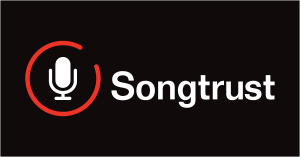
Songtrust provides a technology platform that enables independent songwriters, artists, publishers, distributors, managers, and other music industry professionals to collect their publishing royalties worldwide. Our industry-leading online solutions simplify music rights management, including the administration of music publishing assets, performing rights, and digital licensing. Songtrust helps collect the royalties you’ve earned from airplay, streams, and live performances around the world with simple one-stop registration, no legal headaches, and all while maintaining 100% ownership of your copyrights.
Use Code SOUNDFLY10 to get 10% off your registration fee when you sign up for Songtrust, and begin collecting royalties on your tracks today!
